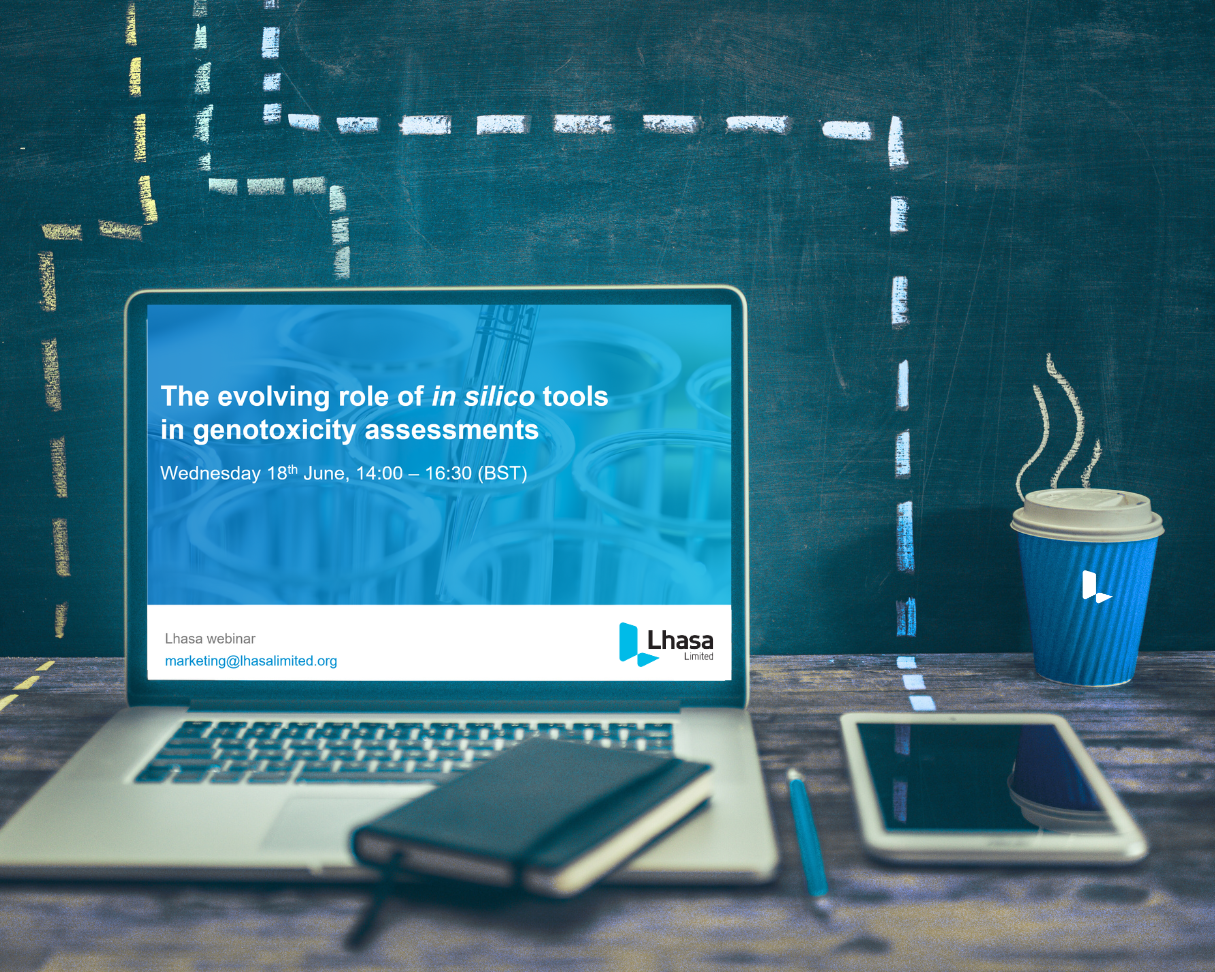At Lhasa, we believe in the transformative power of knowledge sharing as the driving force to support the global challenge of nitrosamine risk assessment.
Through data sharing and industry collaboration, we empower members to further understand the risks associated with their potential nitrosamine impurities. The Vitic Complex Nitrosamines initiative, launched in 2021 in response to the nitrosamine crisis, is pivotal to these efforts.
Insights from Complex Nitrosamine consortium members
We spoke to three of our Complex Nitrosamine consortium members to learn more about the significance of this initiative and how it is helping to address the challenges facing the pharmaceutical industry…
Dr. Andy Teasdale, AstraZeneca: ‘Without the Vitic Complex Nitrosamine data sharing initiative and subsequent data analysis, the Carcinogenic Potency Categorization Approach (CPCA) would not have been possible.’
“Until very recently, industry and indeed patients, faced an almost doomsday scenario in relation to the possible loss of access to a series of vital medicines. This loss related to the application of highly conservative assumptions regarding the potential mutagenicity and ultimately the carcinogenic potency of Nitrosamine drug substance related impurities (NDRSRIs).
The limits proposed were shown to be unachievable and thus it was vital that a systematic way be found to determine the true extent of the safety hazard of NDSRIs. To do this required collation of the available data and from this an attempt to draw effective correlation between structural features and relative potency. The success of these endeavours ultimately led to the development of the first systematic way to categorise such risk and the advent of the Carcinogenicity Potency Characterization Assessment (CPCA). Without the Vitic Complex Nitrosamine data sharing initiative and subsequent data analysis, the CPCA would not have been possible.”
Dr. Jörg Schlingemann, Merck: ‘Access to a whole network of leading industry experts, and Lhasa experts, is priceless.’
Complex nitrosamines are a real challenge for the pharmaceutical industry, and both in vitro and in vivo mutagenicity data can be essential components of a control strategy. I didn’t need to think twice before I joined, as the benefits are obvious: duplicate testing can be avoided in many cases, as it is enough if just one consortium member generates data for any given compound, and Lhasa can use these data to refine their SAR tools for nitrosamines. In addition, one gets access to a whole network of leading industry experts, and Lhasa experts, which is priceless.
One current activity is the development of best practice for Duplex Sequencing. This is important, as no OECD protocol is yet available, and standardization will be essential to allow for comparison between studies and to facilitate regulatory acceptance of this promising technique.”
Since its inception, the Complex Nitrosamines database has nearly doubled in size! Industry collaboration not only enhances scientific progress and discovery, it also enables consortium members to proactively navigate evolving regulatory changes.
Dr. Raphael Nudelman, Teva: ‘Being part of the Consortium allows members to remain agile.’
“Several aspects related to the CPCA and enhanced AMES test (EAT) remain unclear. Being part of the Consortium allows members to remain agile by leveraging shared knowledge that refines aspects of the guidance such as the CPCA, to gain clarity and enhance understanding in these areas”.
You can learn more about How to predict the formation of NDSRI’s from our recent webinar.
Would you like to join our growing consortium? Get in touch to learn more.
Visit our website to discover more about our data sharing initiatives.
Last Updated on January 25, 2024 by lhasalimited



